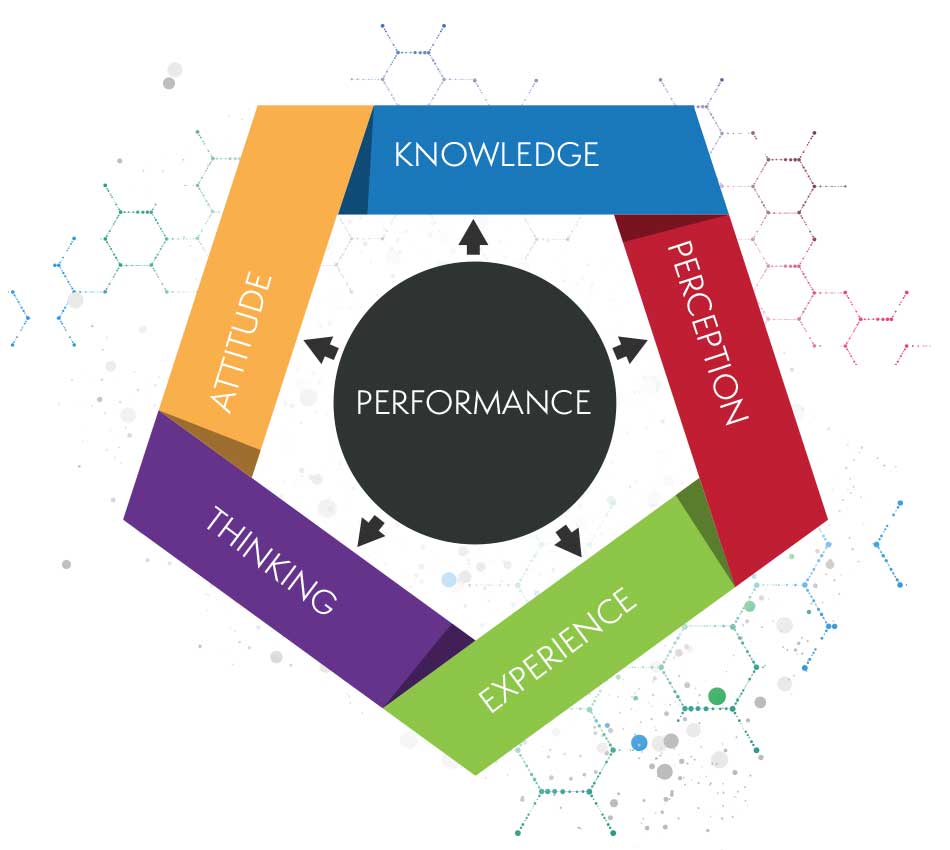
Educational Consulting & Partnerships
School Turnaround Programs, Curriculum Audits, Educational Needs Assessments, and more
Educational Directions provides training programs and educational consulting to groups of educators, school leaders, and administrators – improving the performance of students within a given school district, county, or state. Our specialized programs not only implement best-practices and procedures to ensure maximum improvement, but also include ongoing coaching and support for our clients.
Every program that we provide is custom-tailored to the specific school and the needs of the students. We begin every educational consulting project with a thorough needs assessment. Our experts work with your staff to determine exactly what students in your schools need to perform at their best, and then work with you to determine the most effective plan of implementation for success.
Our Educational Methodology
Developing Independent Learners
Ed Directions does not consider curriculum to be the only thing that has to be delivered well for students to succeed. We provide recommended designs for flexible classrooms, specific types of visuals and technologies for different levels of schools and students, and hands-on and minds-on activities within regular lesson plans. For the most part, these are developed as a part of the plan for moving students from where they are to where they need to be.
Our process focuses on successful transitions, whether that be career readiness for the local and regional job market or post-secondary certifications and degrees. We do this across all discipline areas by developing independent learners who are proficient at critical thinking, critical reading, and critical writing.

Improving Student Performance
Educational Directions uses a number of strategies to improve student learning and academic achievement. The core of our approach is our understanding and attention to the rhythm of the learner year and the types of experiences students need to have in each part of the year.
We use a variety of data points other than test scores to identify and to track student performance. Teachers and Educational Directions staff utilize data, portfolios, and assessment samples in PLC discussions to inform decisions about student needs.
Another core element of the Educational Directions approach to students is focused on equal opportunity in experience as learner and performer. Academic and management rituals and routines are used to build an equal experience basis for all students and performers.
As part of this, Educational Directions uses diagnostic tools to determine where students are as learner and performer as a starting point to develop a plan to move all students to the transition expectations established for that particular academic year.
Educational Directions encourages innovation by training school leadership and teaching staff to do student-focused unit and lesson plans. We establish goals for the year, which are translated into course, unit, and lesson plans and used to establish specific competencies expected of all students.
The diagnostics that identify where students start that learning process help determine the types and levels of work that students need to move from where they are to where they need to be by the end of the academic year.
The development of a true “plan backwards – deliver forwards” curriculum depends upon extensive monitoring of not only student scores but also upon the learning and performing competencies, attitudes, and perceptions required for the student to demonstrate a potential as a performer and to make successful transitions to the next level.

Using Data to Drive Decisions
Student-focused Education Strategies
Educational Directions is a data-driven education company. First, Educational Directions establishes where each student needs to be by the time, they take a test and what competencies they must develop to make a successful transition to the next level. We call this process “unpacking the standards.” A focal point of our approach is to recognize that state standards are not maximum indicators, but rather a set of minimum competencies expected of all students.
5 Legged Model
Our Student Support Strategy
In terms of student performance, Educational Directions believes there are five areas that must be developed for students to actualize student potential: the knowledge base, the attitude base, the perception base, the thinking base, and the experience base. In terms of diversifying to enable students to perform their potential, Educational Directions develops a performance profile on every student and identifies which of the five areas needs priority attention. This will then enable teachers to create programs to shape student experience in a way that enables performance.

Turnaround Programs
Every school has individual needs and unique student populations. Therefore no two turnaround program plans are the same. We begin our educational consulting partnerships with a thorough needs assessment to determine why students aren’t performing at their optimal level.
Combined with our unique philosophy of the academic calendar, time-tested exercises, student engagement strategies, and knowledge checks, our staff is prepared to help you make your school what you know it can be.
Academic Reviews
ED also provides “Academic Reviews” or “Audits ” for schools. The Academic Review is a tool that can be used to generate a quick picture and analysis of current school classroom practice.
The educational consulting is conducted by a team of educators (a team captain and a set of “observers”) and includes interviews (with all staff and focus groups of parents and students) and 15-30 minute classroom observations in each classroom. In some cases, a review of relevant school artifacts will be included.
Philosophy of Change
Educational Directions’ approach reshapes the way a school thinks about “work.” Our focus on defining and acting on “the right work” produces improved performance in each student.
In schools, our coaches help apply proven strategies to each school’s specific circumstances and needs. We address the root causes of poor performance by putting greater focus on student work than on test scores that lack context.

